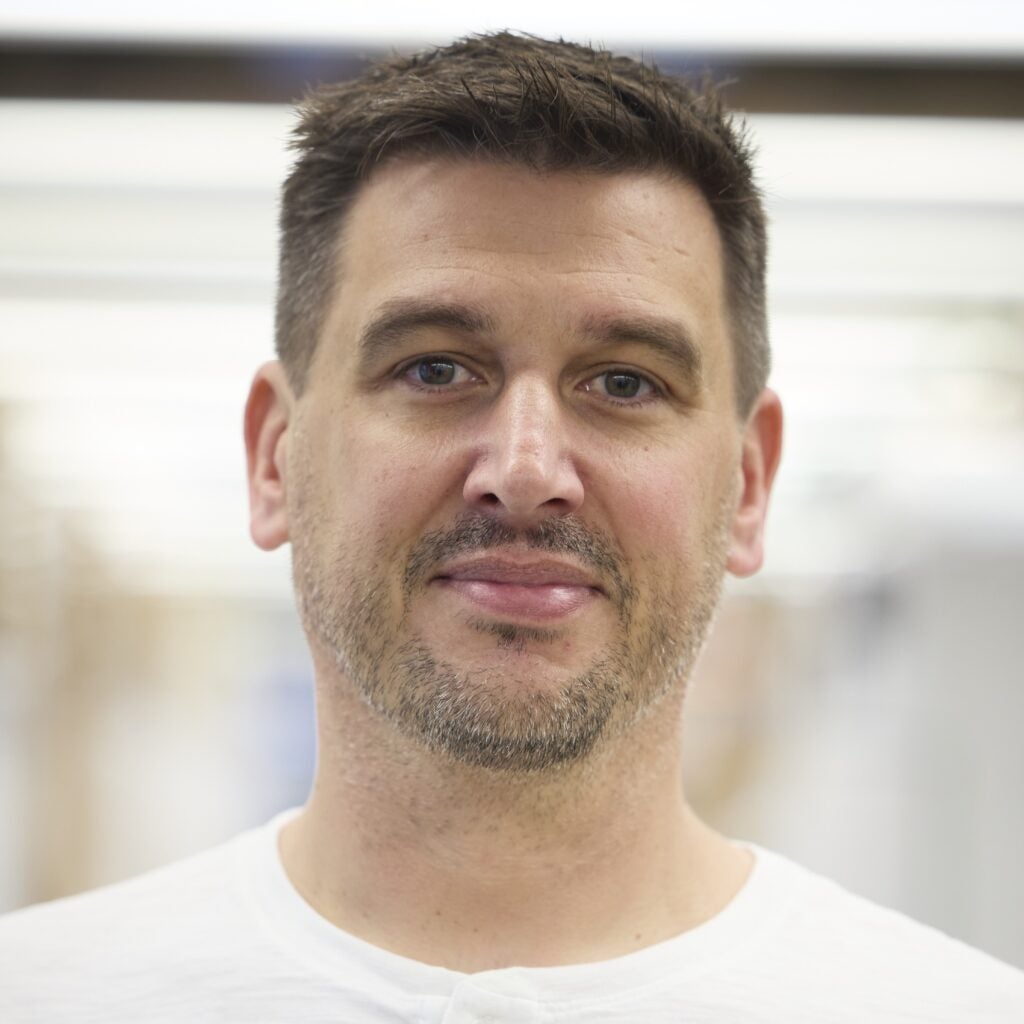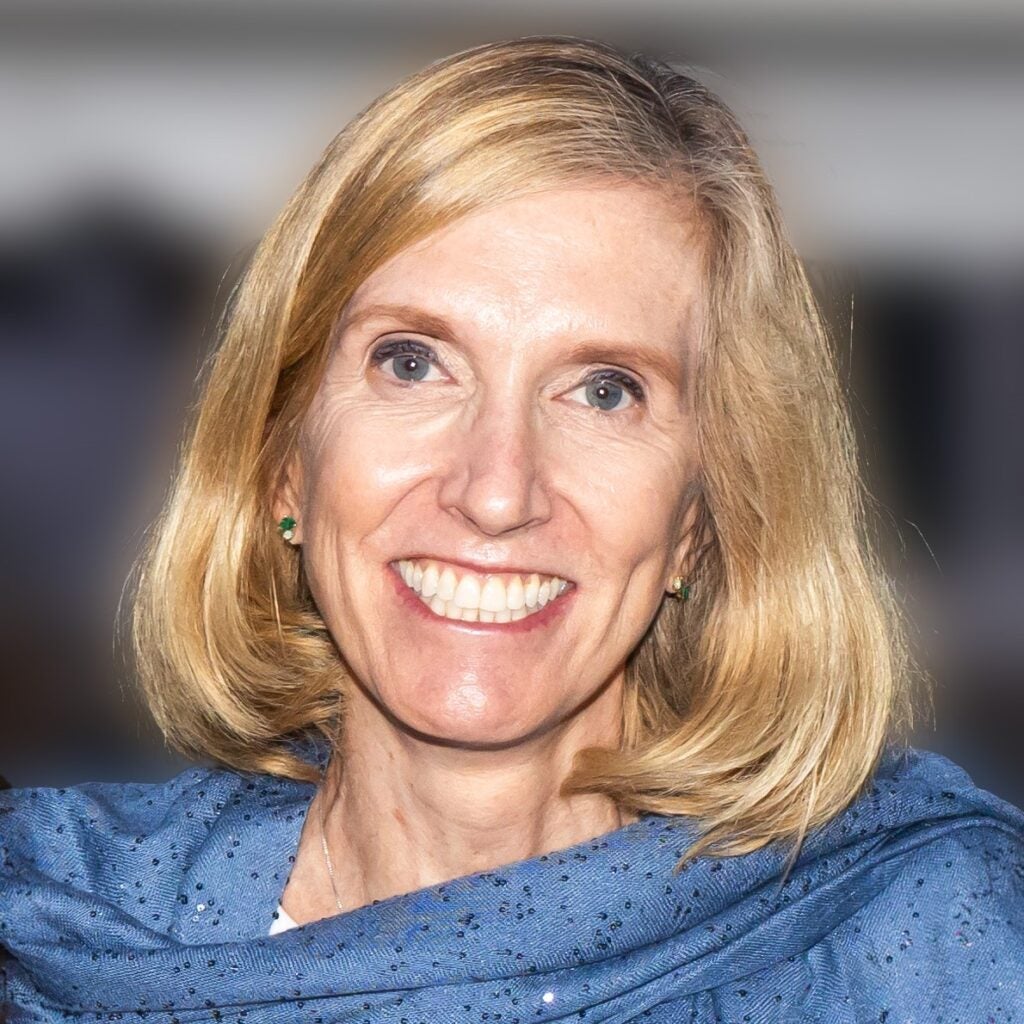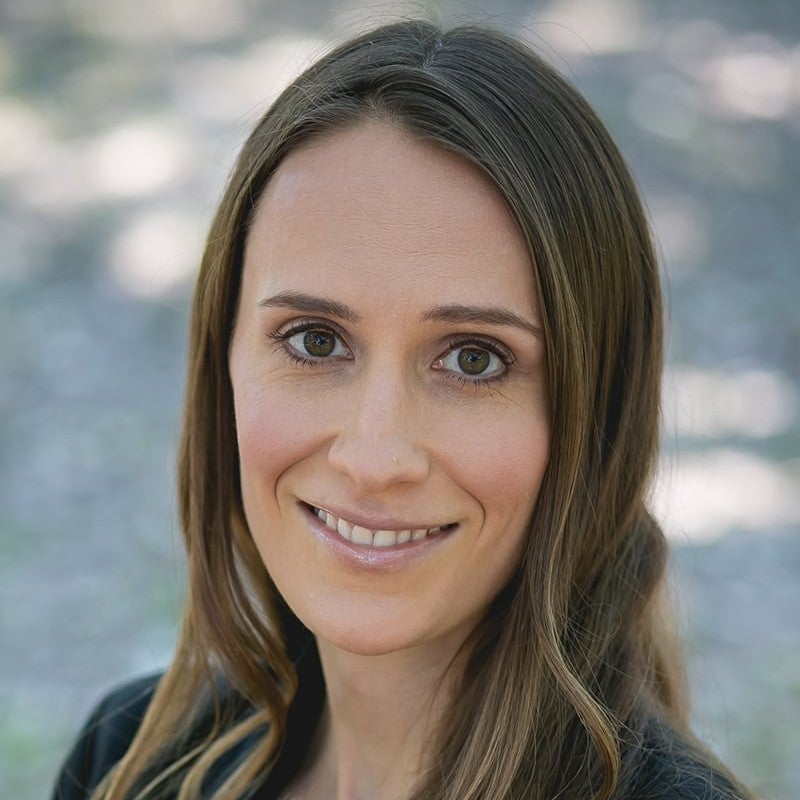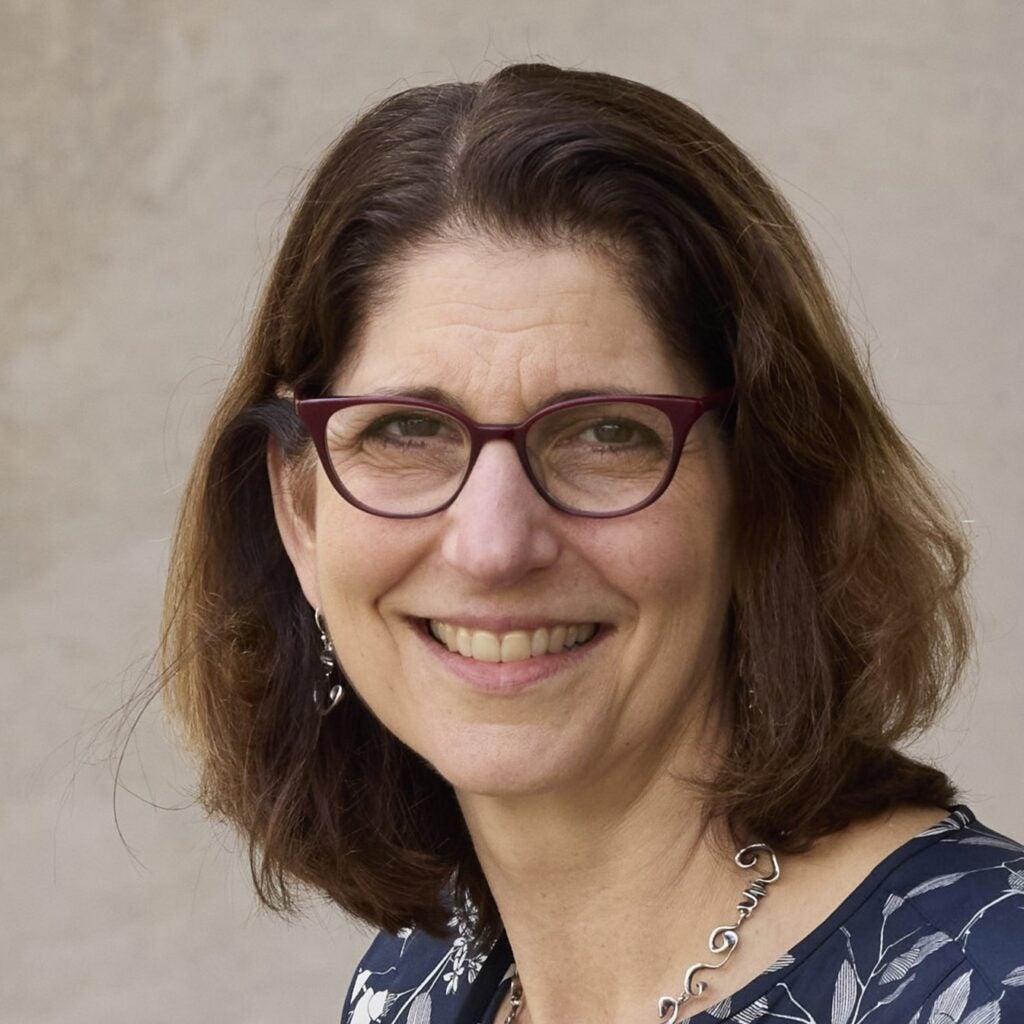Alumni and Friends
Public Health is Personal: The Future of Healthy Aging
Join Harvard T.H. Chan School of Public Health faculty luminaries for an engaging evening of cocktails and conversation at the home of Susan Golden in ’Sconset, Nantucket. Discover how research at Harvard Chan School is transforming our understanding of aging and creating solutions for longer, healthier lives.
Monday, July 21, 2025
5:00–7:00 pm
The home of Susan and David Golden, Baxter Road, ’Sconset, Nantucket
Nantucket casual attire
RSVP by July 14 to events@hsph.harvard.edu
The Challenge
After a remarkable century in which public health advances added 30 years to human life expectancy, we face an unprecedented challenge: we are living longer, but not necessarily healthier lives. While our lifespan has increased, our “health span”—the period of life spent in good health—hasn’t kept pace. Age-related diseases are on the rise, affecting quality of life in our later years and impacting our ability to remain active, engaged, and independent as we age. The good news is that science now reveals aging isn’t just an inevitable decline—it’s a process we can understand and change through evidence-based approaches. Moreover, new research is starting to show that novel therapeutics and lifestyle approaches may not only slow the rate of aging but even reverse biological age.
Our Vision
The Harvard Chan School Healthy Aging Initiative aims to solve this pressing challenge. Our vision is simple but bold: to help people extend their health span and stay vibrant, active, and healthy for longer. We’re discovering that many aspects of aging are modifiable through nutrition, physical activity, stress management, social connection, and environmental factors. By bringing together Harvard’s world-class experts in molecular biology, nutrition science, metabolism, and social and behavioral sciences, we’re building a comprehensive approach to one of humanity’s oldest questions: how can we live better, not just longer?
Actionable Insights for Longer Health Span
Scientific advances now allow us to measure biological aging processes and identify specific therapeutics and lifestyle approaches that can slow or even reverse aspects of aging. From optimizing nutrition timing to evidence-based stress reduction techniques to targeted physical activity strategies, research is revealing practical approaches that can help extend your health span. Join us to discover the latest findings from Harvard Chan experts and learn how you can implement these strategies in your own life to maintain vitality, cognitive function, and physical resilience as you age.
Featured Speakers

William Mair
Professor of Molecular Metabolism and Director of the Harvard Chan School Aging Initiative
William Mair’s pioneering laboratory investigates the molecular pathways underlying the aging process to develop novel therapeutic strategies. His research focuses on understanding how cellular processes change as we age and identifying interventions that can delay or reverse these changes to extend healthy lifespan.

Kari Nadeau
John Rock Professor of Climate and Population Studies and Chair of Environmental Health
Kari Nadeau’s groundbreaking research reveals the critical connections between environmental factors and healthy aging at the molecular level. Her work identifies how our daily environmental exposures—from air quality to household products—can influence inflammation, oxidative stress, and cellular aging processes. Nadeau is developing practical strategies individuals can use to create healthier personal environments that support longevity and reduce the risk of age-related diseases.

Courtney Peterson
Associate Professor of Nutrition
Courtney Peterson leads one of the largest laboratories in the world studying intermittent fasting in humans. Her innovative research on intermittent fasting and meal timing is uncovering new pathways to improve cardiometabolic health and slow aging. Her lab was the first to show that daily intermittent fasting, also known as time-restricted eating, affects key aging-related genes and pathways, and she is currently part of one of the largest studies testing whether intermittent fasting can slow aging in humans. Peterson’s findings suggest that simple changes to eating patterns may help prevent age-related diseases and extend healthy lifespan.

Laura Kubzansky
Professor of Social and Behavioral Sciences
Laura Kubzansky’s extensive research explores how psychological and social factors influence healthy aging and longevity at the biological level. Her work has uncovered how positive psychological states—such as optimism, purpose, and social connection—drive physiological responses that slow cellular aging and reduce inflammation. Kubzansky will share current understanding about how stress, psychological resilience, and being socially connected affect how we age and consider how leveraging these insights could add healthy years to your life.